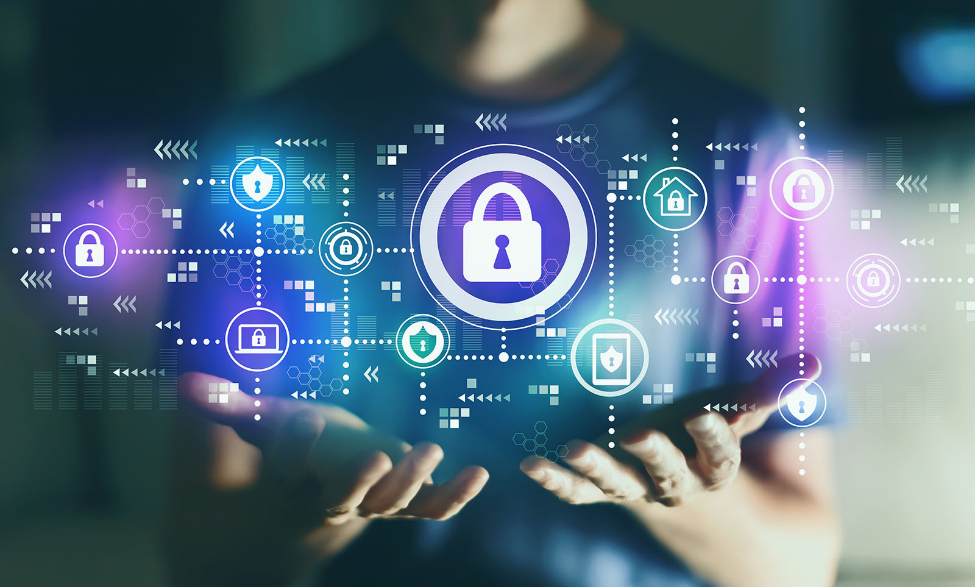1. Keep Your Software Up to Date
As shown above, ransomware assaults were a key threat vector in 2017 for both organisations and consumers. In order to combat ransomware, it is critical to patch obsolete software, both operating systems and applications. This helps remove significant security flaws that hackers exploit. Turn on automatic system updates for your device Make sure your desktop web browser applies automatic security updates Keep your web browser plugins like Flash, Java, etc.
2. Use Anti-Virus Protection & Firewall
In the past, anti-virus (AV) software has been the most common approach to combat malicious attacks. Antivirus software prevents malware from infiltrating your device and damaging your data. Use reliable antivirus software and only one on your device.
Using a firewall can help protect your data from harmful threats. A firewall prevents hackers, malware, and other harmful activity from entering your device. There’s a reason Windows and Mac OS X have their own firewalls. Your router should also contain a firewall to prevent network attacks. Visit Nextdoorsec to know more in details about different types of cyber attacks.
3. Use Strong Passwords & Use a Password Management Tool
Usage of strong passwords and password management tools is crucial to online security. Passwords help keep hackers out of your info! Consider dropping the wacky, complex blend of uppercase letters, symbols, and numbers, according to NIST’s 2017 revised password policy framework. Instead, use a more user-friendly name with at least eight characters and a maximum of 64.
Never use the same password.
This includes lowercase, uppercase, numbers and symbols, but not the following &% #@ .
Reset your password if you forgot it. Change it once a year to renew it.
Using a password management tool or password vault can help you manage your passwords more easily. LastPass FREE is a terrific personal tool. With a $2/month membership, LastPass provides some amazing advanced password capabilities.
4. 2FA (2 Factor Authentication):
This service provides an extra layer of protection to the usual password way of online identification. Normally, you would enter a username and password. With two-factor, you’d need to enter an additional authentication method like a PIN, another password, or even a fingerprint. After entering your login and password, you’d be required to input more than two additional authentication methods.
NIST advises against using SMS for two-factor authentication because malware can attack mobile phone networks and compromise data.
5. Learn about Phishing Scams – be very suspicious of emails, phone calls, and flyers
Phishing attacks use false identities to deceive recipients into disclosing passwords, clicking malicious links, or opening attachments that infect systems with malware, trojans, or zero-day vulnerabilities. Ransomware attacks often result. In reality, phishing attempts account for 90% of ransomware infections.
Here are some important phishing security tips to remember: Bottom line – don’t open emails from strangers Know which links are safe and which aren’t – hover over a link to see where it leads Be suspicious of emails in general – look to see who sent it and whether there are grammatical errors Malicious links can come from friends w So, be cautious!
6. Protect Your Sensitive Personal Identifiable Information (PII)
Protect Your Sensitive PII Personal Identifiable Information (PII) is any information that may be used to identify or locate a person. Person-Identifiable Information (PII) is any data that relates to an individual’s physical or digital identification. Companies should protect your credit card information if they follow PCI DSS regulations.
In the new “always-on” world of social media, you need be very careful with your data. On social media, you should only show the bare minimum of yourself. Examine your privacy settings on all social networking sites, especially Facebook. Adding your home address, birthdate, or any other PII increases your security risk. Hackers profit from this data!


